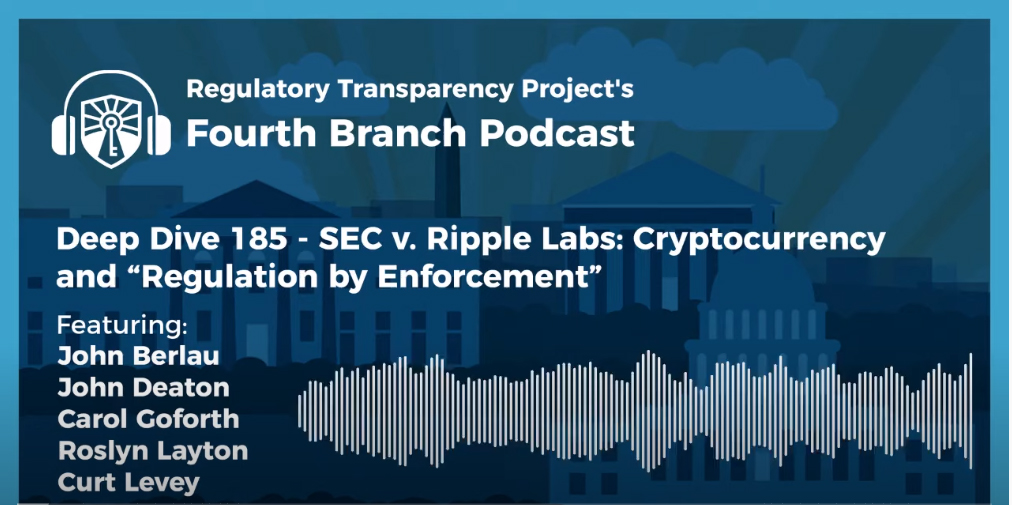By Roslyn Layton, PhD. June 13, 2023. (DC Journal).
In February, I filed a motion to intervene in SEC v. Ripple Labs, the first big crypto enforcement action filed in December 2020 by the Securities and Exchange Commission (SEC). I have written two dozen stories about the serious implications of the case, particularly on the sweeping regulatory overreach at the heart of the SEC’s arguments and the naked power grab it represents.
The agency spent most of the last two years fighting Ripple’s attempts to obtain internal SEC emails and documents on the drafting of a 2018 speech given by then-Director of Corporation Finance William Hinman where he introduced a long list of “what we look at” when determining whether a digital asset is a security.







